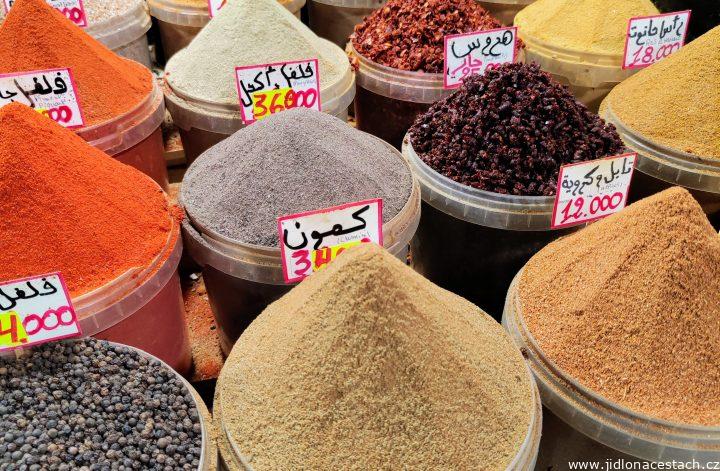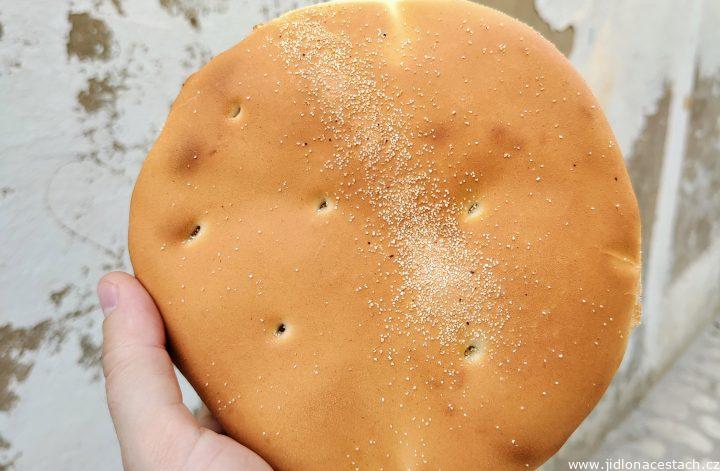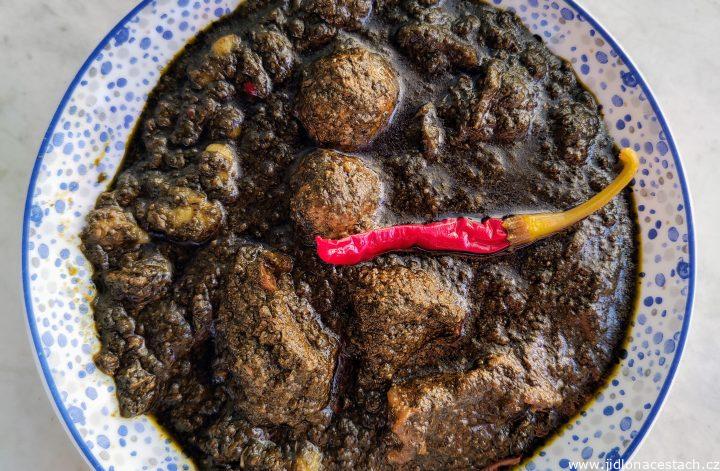Tunisia is one of the leading producers of dates in the world. Date palms are an essential part of Tunisia’s history, culture, and economy. The date palm is a symbol of life, fertility, and abundance for Tunisians. Dates have been cultivated in Tunisia for millennia, with the first records of their cultivation dating back to the time of Carthage.
Tunisia, alongside Egypt, Algeria, Saudi Arabia, and Iran, is one of the largest producers of dates in the world.

Date palms are primarily cultivated in the southern regions of Tunisia, where the climate is dry and hot with desert conditions. The date palm is a dioecious plant, meaning there are male and female trees. For pollination and fruit production to occur, pollen must be transferred from the male flowers to the female ones. Traditionally, this is done manually, with farmers climbing to the tops of the palms to transfer the pollen. It takes about 5-8 years for a young tree to bear its first fruits. Date palms reach full productivity at around 15 years of age and, with proper care, can bear fruit for over 100 years. The harvest season runs from September to November and requires intensive manual labor. Workers climb tall palms and carefully cut the dates to avoid damaging them. Fresh dates have a high water content, so they are dried in the sun. This reduces their water content and makes them more durable.

Tunisia produces a wide variety of date types, the most famous and high-quality being the Deglet Nour variety (translated as “fingers of light”). Each variety has slightly different characteristics and flavors. Some are better suited for direct consumption, while others are ideal for cooking and baking. In Tunisia, dates are traditionally consumed fresh, dried, cooked, and baked. They are a key ingredient in many traditional Tunisian dishes, desserts, and drinks.

Almost every part of the date palm is utilized in Tunisia. The trunk’s wood is used in construction and furniture-making. The leaves are used to make baskets, mats, and woven fences. Oil is extracted from date pits for use in cosmetics. Unripe dates are used as animal feed.

Dates and date palms hold spiritual and cultural significance in Tunisia. According to Islamic tradition, the end-of-Ramadan celebrations should begin with eating an odd number of dates. Date palms are often planted near mosques and cemeteries, as they are believed to bring blessings.
Dates and date palms are simply an inseparable part of Tunisia. These fruits of the desert have nourished generations of Tunisians for centuries and have become a symbol of this North African country. Tunisian dates, especially the Deglet Nour variety, are rightly considered some of the best in the world. And while I personally prefer dried figs over dates at home in Czechia, I can never resist them in Tunisia.
Bon appétit!


